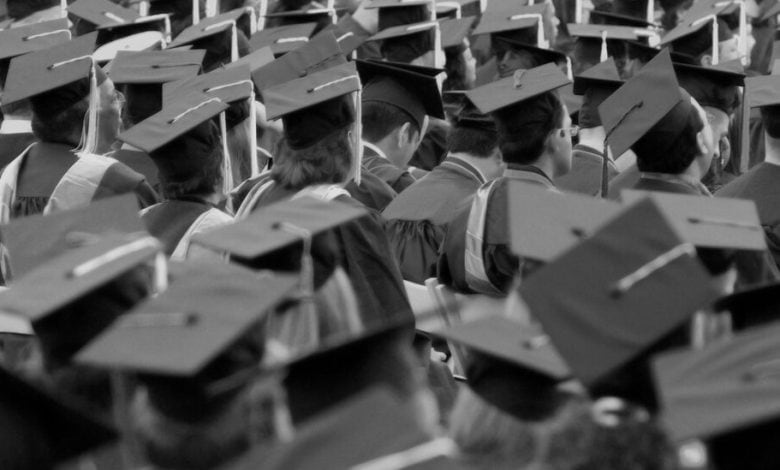The Sins of the Educated Class

When I was young, I was a man on the left. In the early 1980s, I used to go to the library and read early 20th-century issues of left-wing magazines like The Masses and The New Republic. I was energized by stories of workers fighting for their rights against the elites — at Haymarket, at the 1921 Battle of Blair Mountain, on the railways where the Pullman sleeping car porters struggled for decent wages a few years after that. My heroes were all on the left: John Reed, Clifford Odets, Frances Perkins and Hubert Humphrey.
But I got out of college and realized we didn’t live in the industrial age; we live in the information age. The center of progressive energy moved from the working class to the universities, and not just any universities, but the elite universities.
By now we’re used to the fact that the elite universities are places that attract and produce progressives. Working-class voters now mostly support Donald Trump, but at Harvard, America’s richest university, 65 percent of students identify as progressive or very progressive, according to a May 2023 survey of the graduating class.
Today, we’re used to the fact that elite places are shifting further and further to the left. Writing for The Harvard Crimson, Julien Berman used A.I. to analyze opinion pieces in college newspapers for their ideological content. “Opinions of student writers at elite universities” in 2000, he found, “weren’t all that more progressive than those at nonelite ones.” But by 2023, opinions at The Crimson had grown about two and a half times more progressive than they were in 2001. More generally, Berman concluded, “Opinion sections at elite universities have gotten significantly more progressive, and they’ve outrun their nonelite counterparts.”
Today, we’re used to the fact that students at elite universities have different interests and concerns than students at less privileged places. The researchers Marc Novicoff and Robert Kelchen in May published an investigative report in The Washington Monthly titled “Are Gaza Protests Happening Mostly at Elite Colleges?” They surveyed 1,421 public and private colleges and concluded, “The answer is a resounding yes.”
A few schools with a large number of lower-income students, they found, had Gaza protests, “but in the vast majority of cases, campuses that educate students mostly from working-class backgrounds have not had any protest activity.” Among private schools, encampments and protests “have taken place almost exclusively at schools where poorer students are scarce and the listed tuitions and fees are exorbitantly high.”